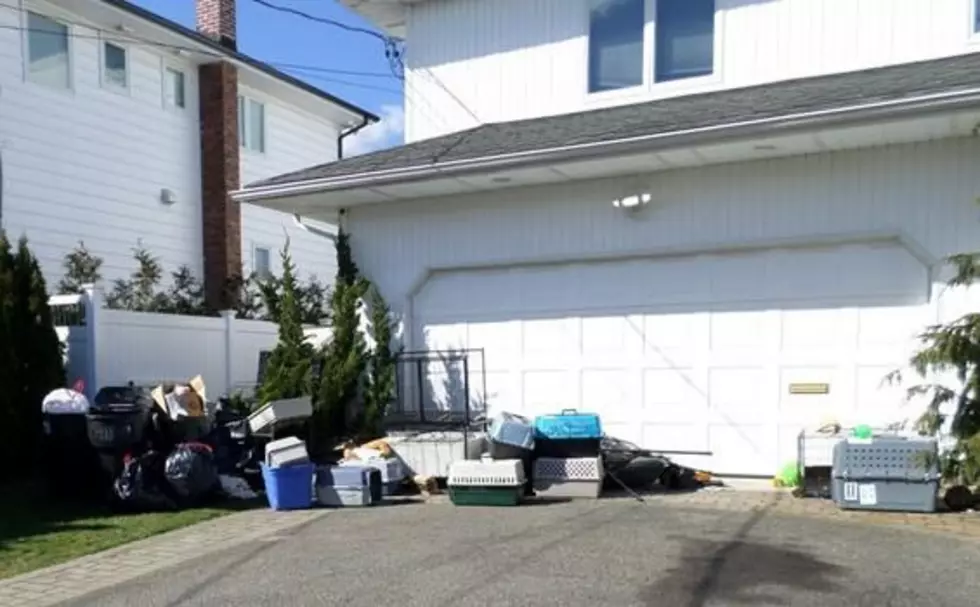
Drastic Action Needed During Newburgh Water Crisis
State officials are saying drastic action must be taken as generations may have been contaminated in Newburgh’s drinking water crisis.
In May 2016, City of Newburgh residents learned their drinking water supply was contaminated with the man-made chemical Perfluorooctane Sulfonate (PFOS) at concentrations above the Environmental Protection Agency’s (EPA) recently updated lifetime drinking water health advisory level. PFOS is a potentially toxic chemical.
Studies show that exposure to PFOS over certain levels may result in adverse health effects, including high cholesterol, high blood pressure, kidney cancer, testicular cancer, liver damage, low birth weight, and other serious health effects.
"This has been in the drinking water supply for years … we may have exposed a whole generation to this contaminant," Dan Shapley, the water quality program director with Riverkeeper told NBC.
PFOS can be found in firefighting foam, which is used at the Stewart Military base.
"We’re also concerned about robust cleanup of the contamination, and that’s a point that we’re still very concerned on because the Air National Guard base has not filtered the water that’s coming off of their base, the pollution is still flowing off of their base,” Shapely told NBC.
However, the Air Force says they’ve taken action and will continue to do so.
"The Air Force is committed to protecting human health and ensuring safe drinking water for our Airmen and impacted communities,” The Air National Guard stated. “We are systematically sampling groundwater and soil where Aqueous Film Forming Foam was released.
The New York State Department of Environmental Conservation says they are taking aggressive actions.
"New York State is taking aggressive actions to identify and confront emerging water contaminants, hold polluters accountable, and create a national model for the protection of drinking water,” the DEC stated. “This session, we look forward to working with the Legislature to increase the State's investment in water infrastructure and source water protection.”
3,000 Newburgh residents received free blood tests for potential toxic chemicals in their blood. More testing is planned for January.
More From Hudson Valley Post









